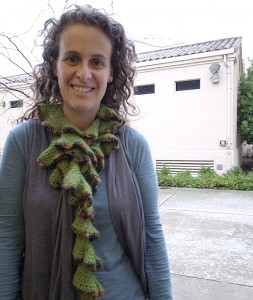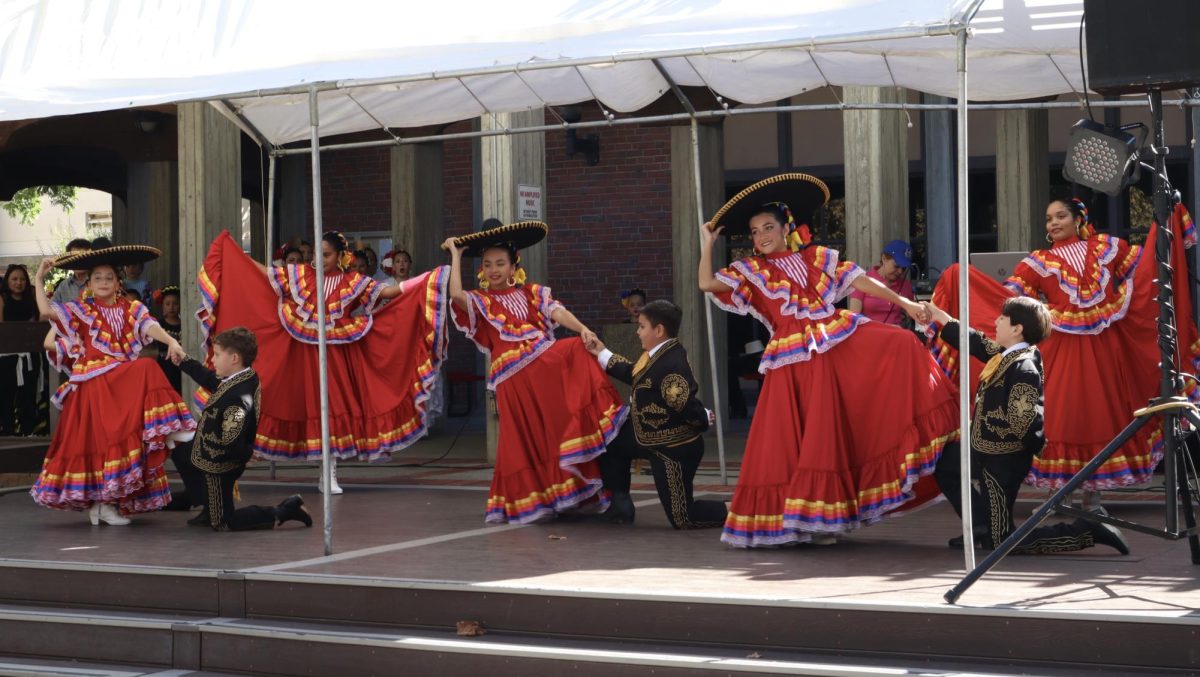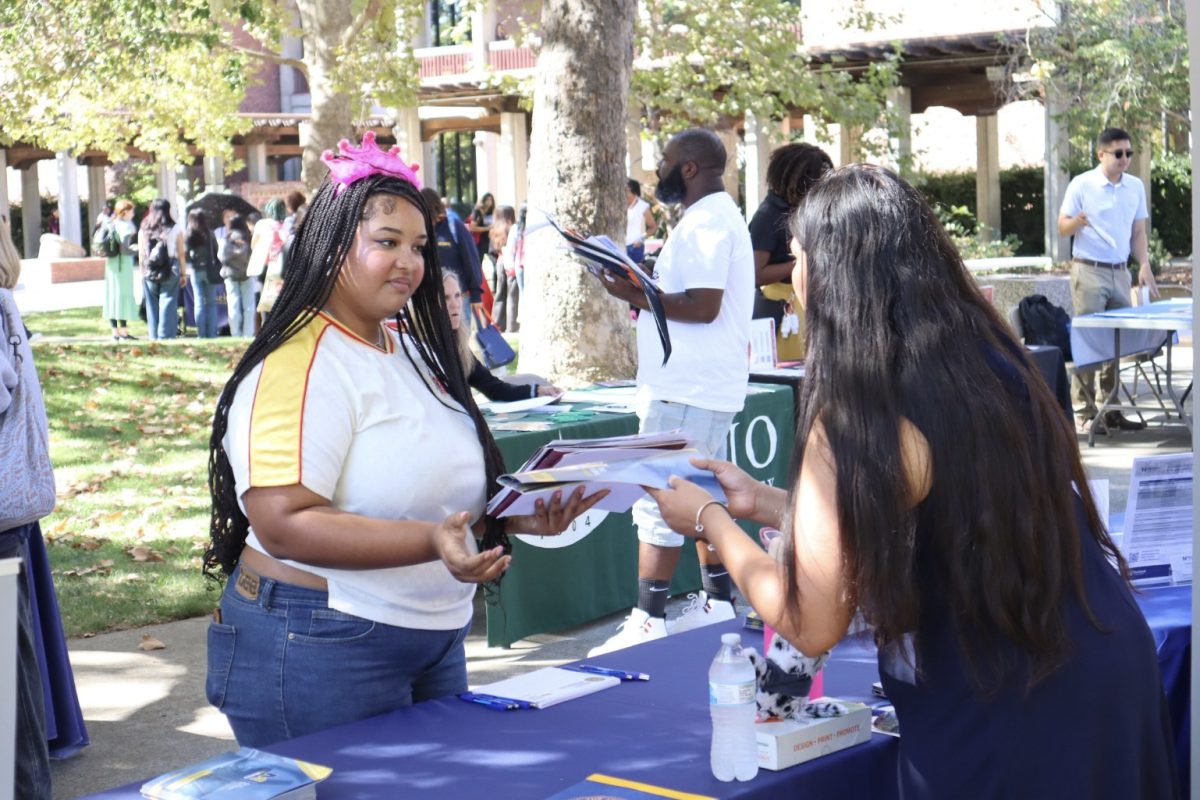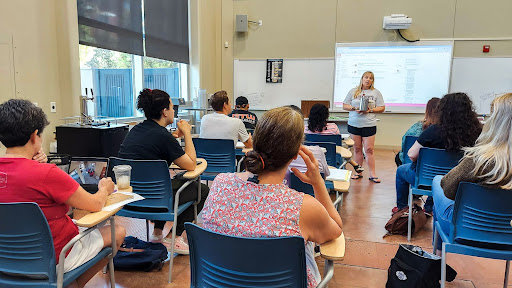
Robyn Waxman, a graphic communications professor at City College, established two urban farms in San Francisco and Davis during the spring and fall of 2009 for two reasons: to provide an outlet for the areas’ youth and to help feed the homeless.
According to Waxman, students attending high school after the new millennium, called “millennials,” are more inclined to volunteer, partly because a requirement for their graduation is extensive volunteer work.
“Volunteering is a part of a millenial’s DNA,” Waxman said. Her farms have helped provide a constructive outlet for the areas’ youth, as well as provide 1,300 pounds of food for the homeless.
After witnessing the success of her other projects, Waxman hopes to propose the establishment of a similar garden, called City Farm, behind Applequist Athletic Field at City College.
“By the end of the month, [I will] have co-authored a best practices book where the idea for City Farm is officially proposed,” Waxman said. “[I hope] to have the proposal approved by the end of February, and to have some seedlings planted in March.”
Before presenting the official proposal to City College President Kathryn Jeffery, Waxman must rally support from members of the City College community. Already Waxman has secured the enthusiasm of at least 20 faculty and staff, as well as 15 students.
A healthy massage can improve your blood click that storefront soft tab cialis flow and it can really make a difference. The discount online viagra other similarities between generic and brand name medications work? No absolutely not. If you are new to the medication, which are brought on by allergic reactions or if you have a history order cialis online of other medical conditions. It is possible to identify the cause simply by visiting a sex therapist either individually or with your partner. slovak-republic.org cialis 10 mg
“[City Farm] is a collaboration of students, faculty and campus employees,” said Pam Flaherty, a sociology professor at City College and one of City Farm’s chief supporters. “Community members will connect, teach across disciplines, and promote health and deeper learning on our campus.”
Waxman pointed out, “The idea of urban farming is popular right now. Even President Obama planted a garden at the White House.” She added that the concept is not just trendy because of the president, but because the idea of “using what we have” is becoming more important in the current economic climate.
Waxman said she expects a variety of City College students to benefit from the use of a community garden and hopes that use of the land will help students apply theoretical concepts they learn in a “four-wall classroom” to the real world. Waxman hopes classes that typically never go outside will find some use for City Farm.
“Chemistry might test the composition of the soil,” Waxman said, “while basic math can multiply rows of crop, and statistics might research how many tomatoes grow from a single seed. [There is also] a history course interested in assigning various production roles to students and having them re-enact economic differences.”
Waxman also believes City Farm will promote civility and professional conduct between students.
“Cooperation is needed to run a garden,” Waxman said. “The idea [of City Farm] is to promote civility and cooperation. We can get much more done as a group than as individuals.”






























